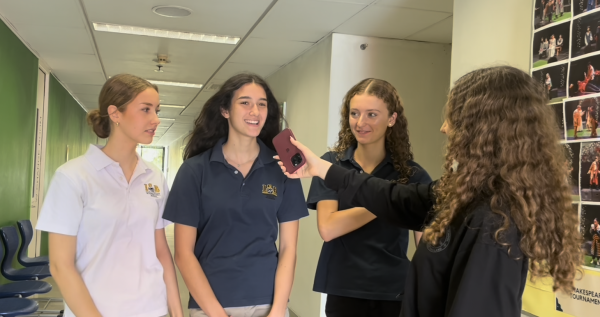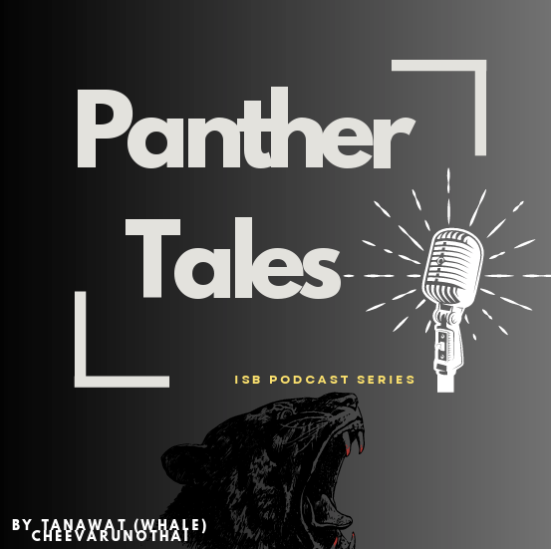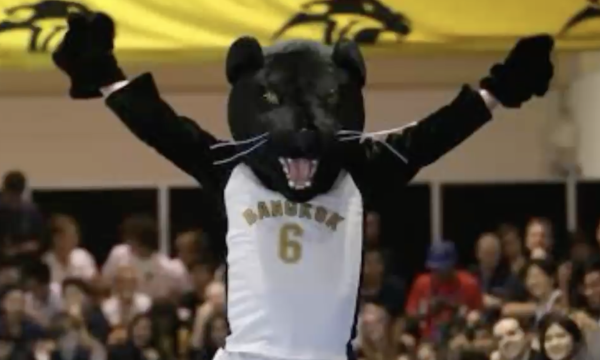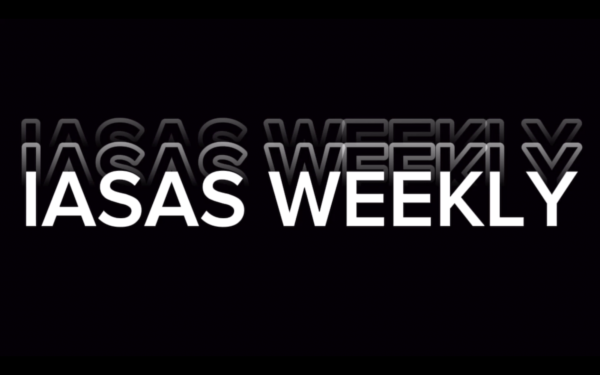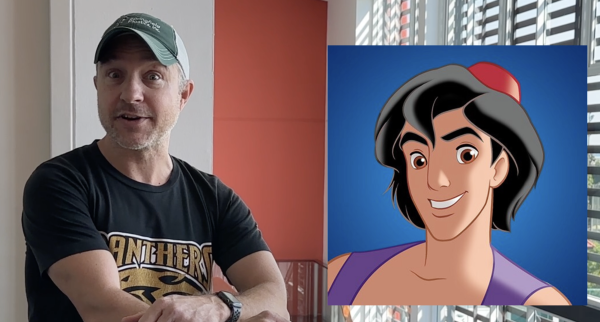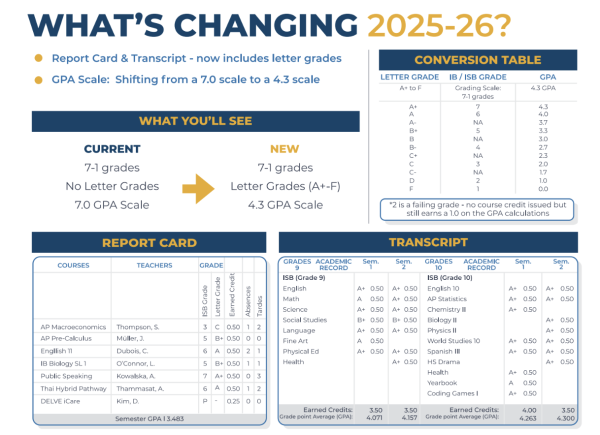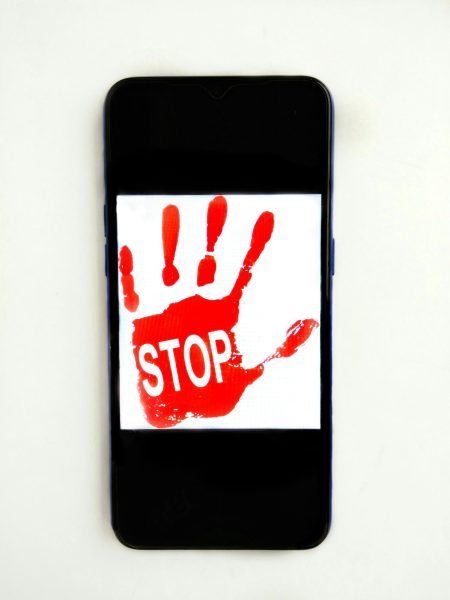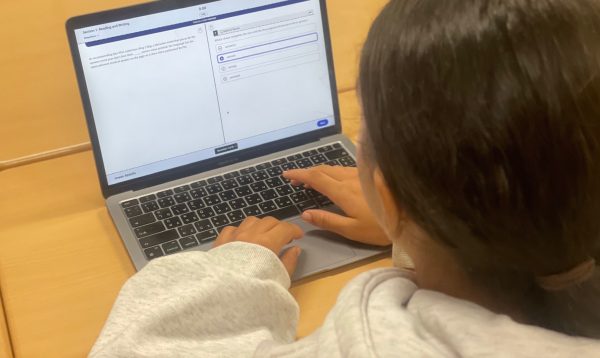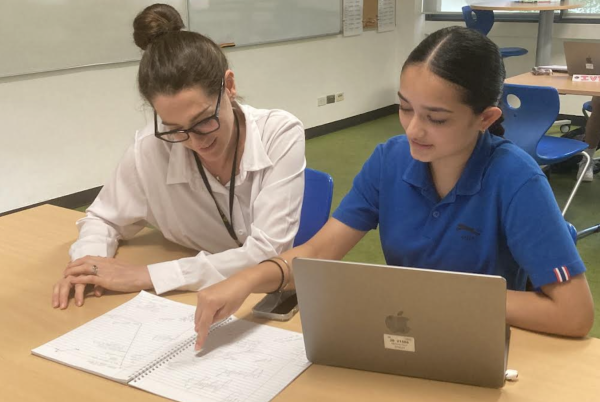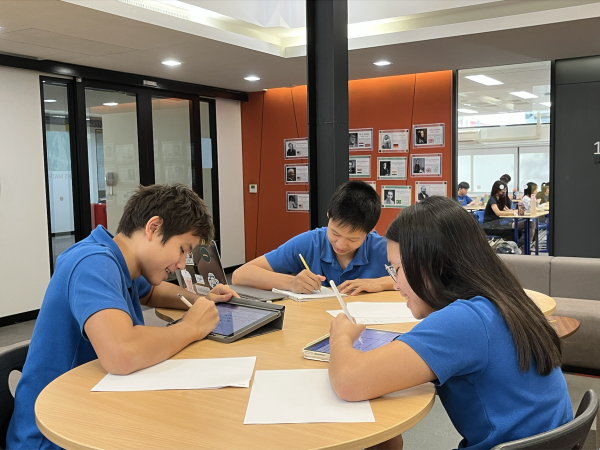IASAS MUN Feature: Role Models of MUN
Inside the prestigious UN building located in the heart of Thailand, delegates all the way from Bangladesh to the ones living right here in Bangkok have all gathered for IASAS MUN. As many as 150 students were present, working together to try and make the world a better place. But all of this would not have been possible without the men and women behind the curtain — the school advisors who worked tirelessly to prepare and coach their delegates for the intense three-day conference. To gain some insight into the fundamental ideas behind MUN, which is, after all, a model of the United Nations, we turn to the coaches.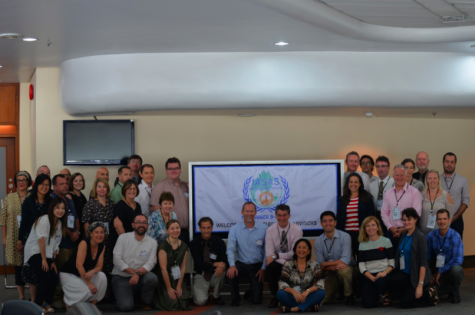
We start with Mr. Jeoffry Candella, the advisor for AIS Dhaka. When asked if he had participated in MUN when he was in high school, he laughed and said “no, when I was in school, I did not even know MUN existed.” He became interested in MUN when his school opened up an MUN program in the middle school, and it took off from there. He feels that there are numerous advantages to MUN, and believes that this is “probably the strongest extracurricular activity that a kid can get involved in. They learn about world issues, current politics, they learn about world history, they learn how to express themselves, they learn how to debate; and most importantly, they get out of their comfort zone, and to me that is the most important thing.”
MUN is a great experience overall for any student wishing to participate. His advice to all the delegates is to not to underestimate strong research; “knowing your topic well and having done your research is vital to be a strong delegate.” Finally, when questioned about what country he would like to be, he replied “…probably a challenging country. Something sporty, a little bit.”
We also met with Michael Relf, from ISM. He has been advising MUN for nearly 20 years. He never did MUN, but wishes he had, saying it is “…a fantastic event. The skills that you get from MUN-political skills, social skills, diplomatic skills, are far more useful than ones you get in a classroom…this is a completely different experience.” The thing that he feels that they learn the most is the ability to interact with other people. Negotiating skills are crucial to MUN, and it also forces people to become more confident overall. “Even though it is Model UN…the skills that underlie it are extremely valuable and they set you up for success.”
He hopes that someday the delegates will grow up and make a difference. However, even if the delegates go into the corporate world or politics or NGO’s, “you have got people who are change makers…who will make differences in whatever area the pursue, and you hope that they bring what they learned forward to it.”
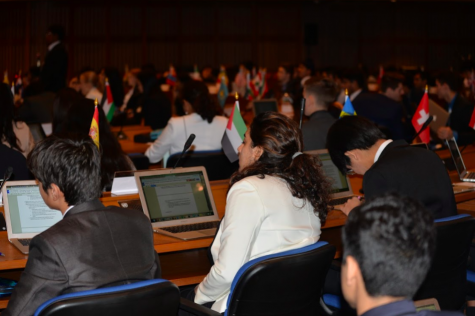
He lays out three pieces of advice for delegates: the first and most important is to get involved. “Everyone has a voice, everyone has something to offer. The sooner you get involved, the more you can see and do.” The second is listen, and not be simply waiting for your turn to talk; listen and understand. The third is to negotiate. You cannot go into every situation expecting it to go your own way. If you go in with a list of demands, be happy if even one of them goes your way. Learn to compromise. Mr. Relf would like to be Venezuela if he had a chance to be in MUN, as he “used to live there. I also think it is a very interesting political place at the moment, with some interesting problems.”
Finally, we met with ISB’s very own Mr. Oren Rubin and Ms. Marypat Weber. Mr. O said that the most important things when going into MUN are to “be kind and have the need to make a change. All the rest you will learn how to do.” Everything in MUN is constructed upon those key elements. This differs MUN from other clubs, like debate and forensics, where there is competition, and ego can kick in. MUN is more than public speaking, it is a way to make a change with kindness. Ms. Weber said that students gain confidence, in terms of speaking skills and defending their own ideas. Students have an opportunity to step out of their own circle of reality, and adopt the perspective of another country or region in the world.
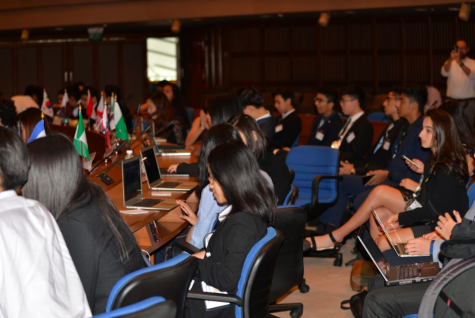
On the reason why people do MUN, Mr, O said “these students are practicing something, like muscle memory, and in the future MUN will hopefully give insight, or purpose. The students will go back to the MUN experience as a kid, and when they are older, they will go back and remember the skills they gained in MUN.” The last bit of advice they would like to give the delegates is to think long term.
Do not think about how your actions will affect your world, think about how they will affect the one that comes after yours. The choices that the UN makes can determine the course of the future, and as such, every action must be weighed accordingly.
Finally, given the opportunity to be in MUN, Ms. Weber would like to be China, with its current interesting political situation. On the other hand, Mr. O said “I think given the fact that I have been living in Thailand for many years, and my job is in Thailand, I have a lot of students from Thailand, I call Thailand my home, I would choose Thailand.”
This year’s MUN was a fantastic experience for all. Although our seniors will be leaving us, hopefully all the delegates have learned something from their time here, and will go on to become role models for the generations to come.
Raphael Romasanta

